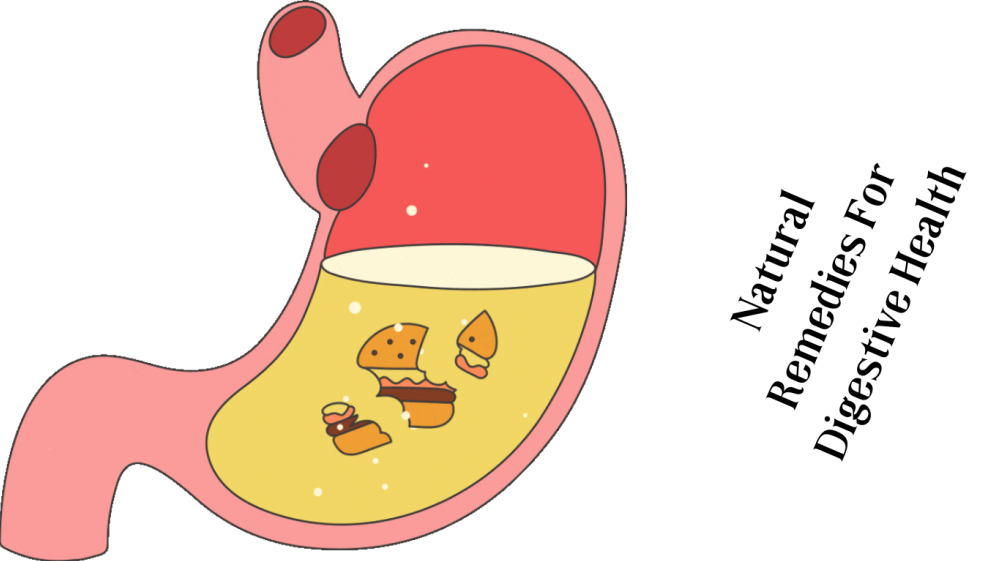I understand how pivotal good digestion is to feeling your best. It’s not just about avoiding discomfort; it’s about ensuring your body gets the nutrients it needs. Too often, digestive issues hamper people’s daily lives, leaving them seeking solutions.
You might be familiar with common digestive problems: bloating, gas, heartburn, or irregular bowel movements. These issues can be more than just annoyances; they can seriously affect your quality of life. That’s why addressing them is so important.
Natural remedies offer a holistic approach to digestion. They’ve gained popularity not just for their effectiveness, but because they align with the body’s own processes. As we move to discussing nature’s own solutions, remember that these remedies are time-honored, backed by both tradition and modern studies.
As you read on, I’ll introduce natural aids like ginger and fiber-rich foods that are not only easy to integrate into your diet but also come with a raft of health benefits. Let’s explore how these natural gifts can be your allies in maintaining digestive health.
Nature’s Pharmacy: Proven Natural Aids for Digestion
Your kitchen and garden might hold the key to enhancing your digestive health. Certain foods and herbs are celebrated for their digestive benefits. Ginger, for example, is more than just a flavoring agent. It’s known for its ability to ease nausea and may also help with other digestive disturbances.
Peppermint isn’t just for freshening breath. It’s a herb with a history of calming upset stomachs and easing gas pains. Its antispasmodic properties can relax the digestive tract muscles, which might help those dealing with irritable bowel syndrome (IBS).
You might not think of chamomile as a digestive aid, but it’s often cherished for its ability to reduce inflammation and may provide relief from the discomfort of indigestion. As a bonus, it’s also a great way to unwind before bed.
A diet rich in dietary fibers from whole grains, fruits, and vegetables is your digestive system’s best friend. They add bulk to your stool, making it easier to pass, and act as prebiotics, feeding the good bacteria in your gut.
Speaking of good bacteria, let’s not forget probiotics and fermented foods like yogurt, kefir, and sauerkraut. These foods introduce beneficial bacteria into your digestive system, which could help balance your gut flora and enhance digestion.
Lastly, certain raw foods are high in natural digestive enzymes: pineapples and papayas are prime examples. Including them in your diet can aid in breaking down proteins and supporting overall digestion.
Lifestyle Tweaks for Enhanced Digestive Function
You’ve probably heard the saying, ‘You are what you eat.’ But have you considered that ‘You are how you eat and live,’ might be just as important? The way you live your life can significantly impact your digestive health. Let’s explore some practical adjustments you can make.
Regular exercise isn’t just for building muscles or losing weight; it also keeps your digestive system running smoothly. Gentle activities such as walking and yoga can help speed up digestion by increasing blood flow to your digestive organs.
You’ve likely been told countless times to drink more water, but its significance for digestion bears repeating. Water not only helps break down the food you eat, but it also softens your stool, which can prevent constipation.
The pace and environment in which you eat can contribute to better digestion. Eating slowly allows you to thoroughly chew your food, leading to fewer digestive issues. Similarly, managing stress through practices like meditation can reduce the likelihood of stress-related digestive problems.
Lastly, never underestimate the power of a good night’s sleep. Your digestive system needs time to rest and repair, much like the rest of your body. Prioritizing seven to nine hours of quality sleep each night can lead to noticeable improvements in your digestive health.
Integrating Natural Digestive Remedies Into Your Life
I believe your health is your wealth, and your digestive system is a central bank of sorts. Taking care of it means you’re investing in your overall health and happiness. It’s not just about knowing which natural remedies can support your digestive health; it’s about making them a consistent part of your daily routine.
Start by mapping out a personalized plan that aligns with your lifestyle and preferences. Do you enjoy a cup of tea in the evening? Consider switching to ginger or peppermint tea for a calming, gut-friendly option. Love a fruit snack? Maybe it’s time to give papaya a regular spot in your fruit bowl.
Remember, consistency is KEY. It’s the small daily habits that compound over time to yield significant benefits. Mark a calendar for your probiotics, set reminders for your water intake, or prep your meals to include fiber-rich ingredients.
Monitoring how your body responds to these changes is crucial. Keep a simple journal to note any improvements in digestion or overall feelings of well-being. This will help you tweak your plan as you go and give you hard evidence of your progress.
And while natural remedies can work wonders, it’s important to know when it’s time to call for backup. If symptoms persist or worsen, involve a healthcare professional. They can provide guidance, add to your plan or even suggest combining natural remedies with conventional treatment options.
Lastly, achieving a harmonious digestive system is a balancing act. The most effective approach often combines these natural remedies with other aspects of health, like regular medical advice, to foster optimal digestive function. By taking these steps, you’re not just managing symptoms – you’re nurturing a cornerstone of your health.



Recent Comments